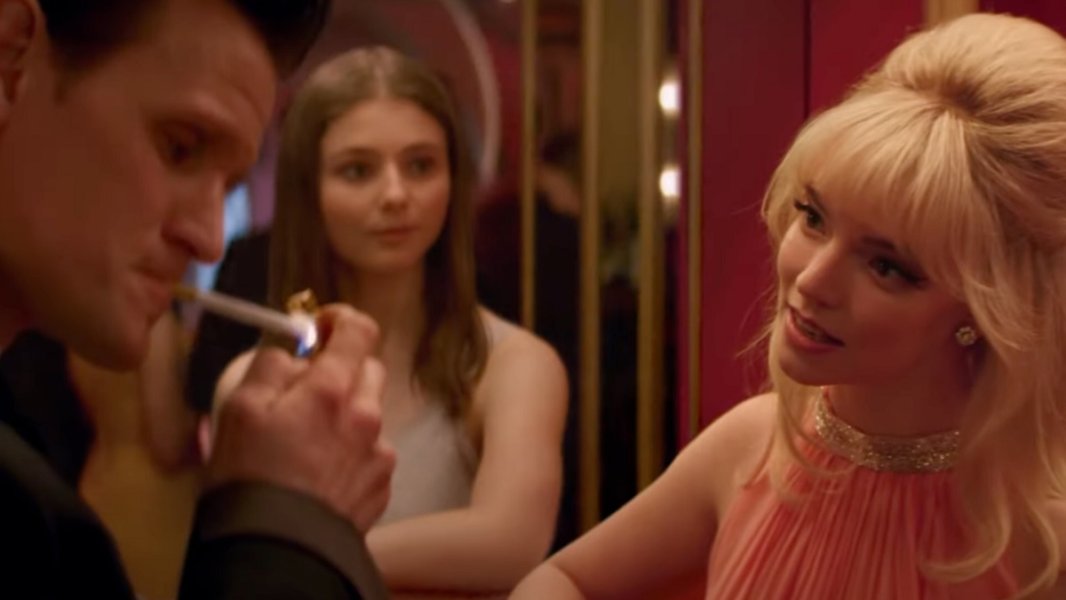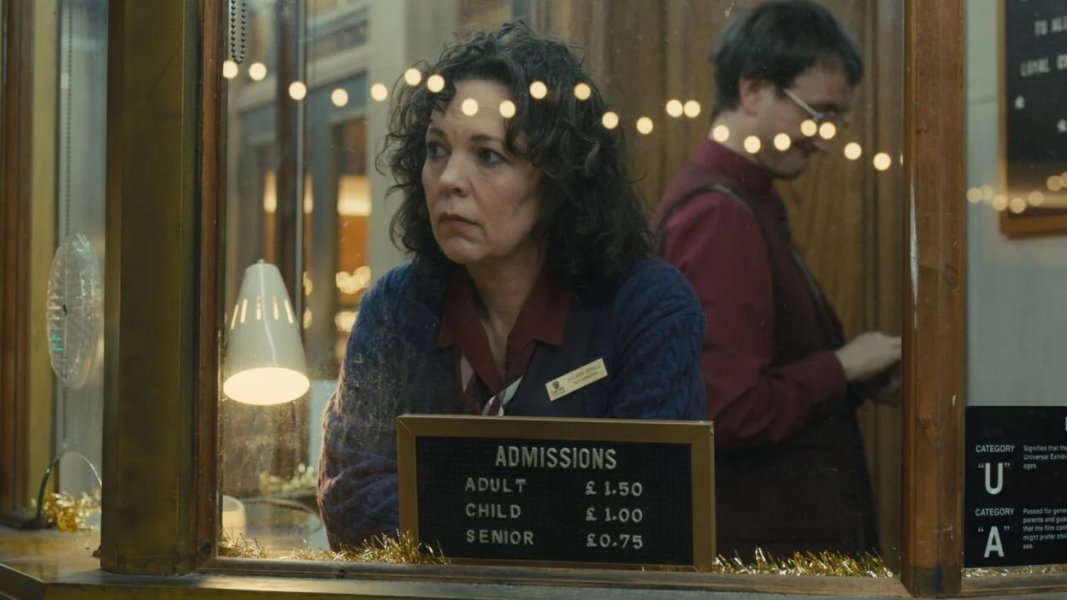- Messages
- 17,483
- Location
- New York City
From HBO, The Menu, a 2022 film with Ralph Fiennes, Nicholas Hoult, John Leguizamo, Janet McTeer, and (starring) Anya Taylor-Joy.
The Menu is another of the almost-horror films that seem to be right in the zeitgeist now. Think Get Out, Midsommar, Last Night in Soho, Old, Us, (even The White Lotus), etc. Call it "sociological horror", where things seem great and beautiful at the start... but are not what they seem to be.
In this case, a bunch of uber-rich foodies flock to the super-expensive, exclusive island restaurant of a world-class chef (Fiennes) for the meal of their lives. Things do NOT go as expected. The only "ordinary" (as in not rich and/or famous) person there, Taylor-Joy, as Hoult's last-minute date, doesn't put up with the pretentious bushwa and turns out to the real power character. The film is interesting and occasionally shocking, makes some valid points about food culture, privilege, etc., and gives Taylor-Joy her meatiest role since The Queen's Gambit. I'm not really a fan of most modern horror films - certainly not the disgusting, gory ones - but I liked it.
View attachment 488386
I think there's a fascinating article/book to be written on why this sort of "social horror" is our current hot film/TV genre, supplanting the future dystopia chosen-one-fights-the-system flicks of a few years back (The Hunger Games, The Giver, The Maze Runner, Divergent, etc.) Here's what my 29-year-old daughter has said:
Back in 2015, when I asked her why those chosen-one films were so popular, her answer was, "Because my generation knows that we're already living in a dystopia, and they give us some hope for the future."
When we were discussing the popularity of these social-horror films last night, her comment was, "After the horrible events of the last few years, my generation and Gen Z know that we're already living in a horror film, and there's no longer much real hope."
An interesting, if depressing, POV.
Of the ones you've mentioned, I've seen "The Hunger Games" and "Last Night in Soho." I am mixed in my opinion of "Last Night in Soho" as I really enjoyed the first half, but found the excessive horror elements of the second half boring and not worthy of the very good setup it was handed
Anya Taylor-Joy is in "Last Night in Soho," too, and, like in "Queens Gambit," she is outstanding.
There was a better movie to be made out of the first half of "Last Night in Soho."





